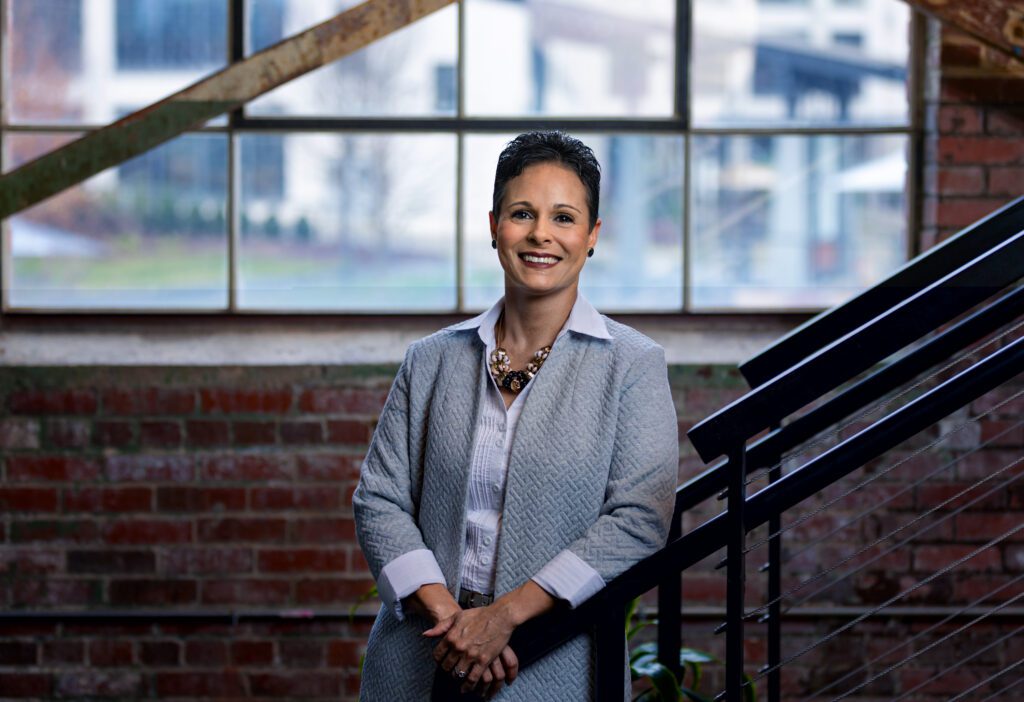blog June 12, 2019
Driving Access and Innovation in Clinical Research: Education, Awareness, and Transportation
Lack of reliable transportation has increasingly become a barrier to patients having access to and receiving consistent healthcare.
In the span of a year, it costs the United States’ healthcare system more than $150 billion as a result of missed patient appointments. The burden of missing an appointment often leads to frustration and dissatisfaction when a patient is having difficulty rescheduling the appointment and hinders the consistency in the healthcare services and treatments provided. According to the National Institute for Health’s (NIH) study, 3.6 million Americans miss medical appointments due to lack of reliable transportation. This same dilemma transcends into clinical trials as transportation continues to be one of the top challenges research participants face. While the burden of transportation is huge, innovative solutions are being implemented in many healthcare organizations and within many clinical research service organizations to improve the transportation experience for patients.
Community-Based Care
Community-based care brings access to healthcare services where patients live or work. Mobile care units have increasingly been adopted to better serve communities in healthcare and in clinical research through education and health assessments. One organization making great strides in bringing clinical trial information to the community is The Center for Information and Study on Clinical Research Participation (CISCRP). As a leader in education and awareness in clinical research, CISCRP has taken its mobile unit to diverse communities in Los Angeles. They are able to educate the community while providing information to encourage the community to volunteer for trials. The All of Us Campaign, sponsored by the NIH, is bringing awareness to research through its mobile bus. The All of Us Campaign is taking its footprint from digital to community with their mobile unit stopping at many locations throughout the United States. Their goal is to educate and bring more participants to research by providing access to a mobile clinic, ultimately driving the future of precision medicine. Community-based care doesn’t just stop there. It includes research professionals being present at community-based events that bring diverse populations together in environments they are comfortable and familiar with, like fairs and races. Telehealth is another innovative method of community-based care. The use of information technology like wearable devices, virtual trials and home-based monitoring has changed the landscape of healthcare, providing healthcare professionals with the necessary data needed to monitor and address the health needs of patients without the patient having to travel to a physical location for screening.
Health Center Infrastructure
Another method of addressing the transportation barrier to healthcare is providing an “all-in-one” health care facility that allows patients to see more than one of their providers in a single visit or at one centralized location. To address this, Javara has partnered with healthcare organizations that allow for patients to see their physician and participate in a clinical trial at the same location and potentially at the same appointment. The burden of having to travel to more than one location, especially one that is not a part of a person’s normal transportation route, can contribute to the rise of missed appointments.
Transportation Services
The emergence of transportation services is on the rise and signifies a need for more innovation to address this barrier to healthcare access. In a research study by Continuum Clinical, 44% of sites surveyed revealed they offer patients transportation assistance whether through a taxi service or rideshare service, such as Uber. ClinEdge, a company that provides services to sites and sponsors, like patient travel, aims to enhance the patient’s experience by eliminating stress related to transportation to their research study. Their patient travel services include coordination and reimbursements that are customized to each research participant.
To improve the experience for patients and their caregivers, Javara has partnered with Uber Health to provide trial participants with free transportation to and from their clinical trial appointments at any Javara affiliated research site or practice. This alone reduces the burden of transportation costs to the patient, while providing reliable transportation and a better experience for all involved. A Javara Clinical Trial Navigator will schedule the ride for the participant through Uber to seamlessly coordinate travel. The passenger will be alerted by a text or call with their trip details and alerted again when the driver is in route. This novel solution that addresses multiple barriers of access to quality healthcare is not only improving the patient experience, but the healthcare industry as a whole.
Our goal at Javara is to make the clinical trial process seamless and accessible for all involved, ultimately leading to increased trial participation, heightened engagement and access to treatment options. We are all patients at some point in our lives, and may even be clinical trial participants, but if you, or a loved one, couldn’t get to an appointment, how would you solve this dilemma?
To learn more about Javara’s partnership with Uber Health visit, https://www.javararesearch.com/patients/uber-health/
Share




